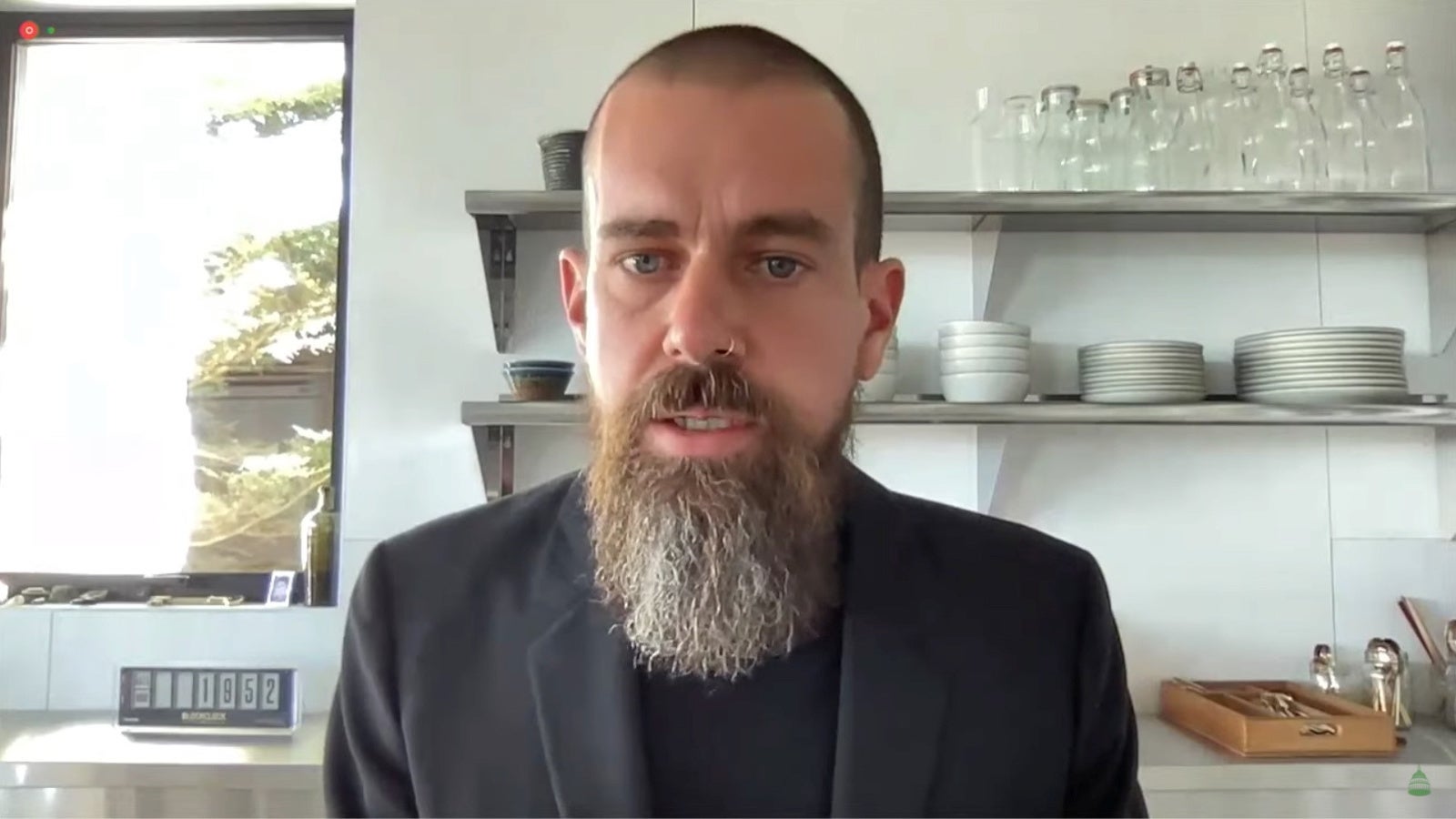Why Jack Dorsey and Elon Musk changed their CEO titles
Not many people want to be known as blockheads. But Jack Dorsey does.


Not many people want to be known as blockheads. But Jack Dorsey does.
Last week, digital payments company Block (formerly known as Square) announced in a regulatory filing that Dorsey had changed his title from CEO to Block Head. Dorsey’s new joke job title puts him in the company of Elon Musk, who last year submitted paperwork making him the official “Technoking” of Tesla as well as its CEO.
Dorsey and Musk have a lot in common besides a shared predilection for goofy appellations. Most importantly, Musk is acquiring Twitter, the social-media company that Dorsey co-founded and previously led as CEO. They’re also both billionaires and crypto-enthusiasts with colorful (some might say eccentric) personalities and interests outside the mainstream. And in both cases, their choice to mess with the CEO title reveals something deeper about their approaches to leadership.
What does a CEO do?
Silicon Valley has for years embraced gimmicky job titles, from coding “wizards” and “rockstars” in the rank-and-file to “chief happiness officers” in the C-suite. But it’s still unusual for a CEO to opt for a mischievous moniker over an earnest and straightforward title, and for a CEO to give up the title that signifies their power.
Dorsey has long been outspoken about his distaste for the pomp and circumstance associated with official titles. Back in 2012, he tweeted, “Titles, like ‘CEO,’ get in the way of doing the right thing. Respect to the people who ignore titles, and fight like hell for what is right.'”
History suggests that his objections lie not just with the title of CEO, but also with the responsibilities and hierarchical decision-making traditionally associated with the role. In 2020, The Wall Street Journal described his leadership style at both Twitter (which he left last fall) and at Block as “hands-off to the extreme, delegating most major decisions to subordinates.” Among the reasons he was fired from his first stint as Twitter CEO in 2008 was his habit of ducking out from work early to go to yoga class. (He came back to head Twitter for the second time in 2015.)
Whether one interprets Dorsey’s managerial habits as absenteeism or strategically decentralized leadership is a matter of debate. Dorsey himself says it’s the latter: “My job is not to make decisions,” he told BNN Bloomberg in 2019. “My job is to ensure decisions are being made.” At Twitter and Block, he said, he wanted to ensure that “we don’t have dependency on one person, including myself.”
Of course, a person can be a CEO and still cede control to others. But given Dorsey’s philosophy, it makes sense that he might want a title that better reflects his unconventional ideas about the job.
Do job titles matter?
Musk, who also serves as CEO of SpaceX, has been equally dismissive about the importance of lofty job titles. Speaking at a conference last year, he said that the only titles that matter at a company are “president, secretary, and treasurer,” since the Internal Revenue Service requires corporations to list those officers. “All of these other titles are just basically made up,” Musk said, adding that he had chosen Technoking as a joke.
Unlike Dorsey, Musk hasn’t publicly championed decentralized leadership. But he has talked openly about his distaste for the CEO role. “I don’t want to be a CEO, I tried hard not to be the CEO at Tesla, but I had to or it would die,” he said during public testimony in 2021. “I rather hate being a boss. I’m an engineer.”
Neither Musk nor Dorsey, then, have much reverence for the role of the CEO, nor the desire to perform the role of head honcho in a traditionally corporate fashion. (Musk in particular is irreverent about pretty much everything.)
But that doesn’t necessarily mean that either man is better at steering their companies than someone who leads the old-fashioned way. And in choosing to be the Block Head and the Technoking, they’re signaling that they’re not so attached to being CEO in the first place.